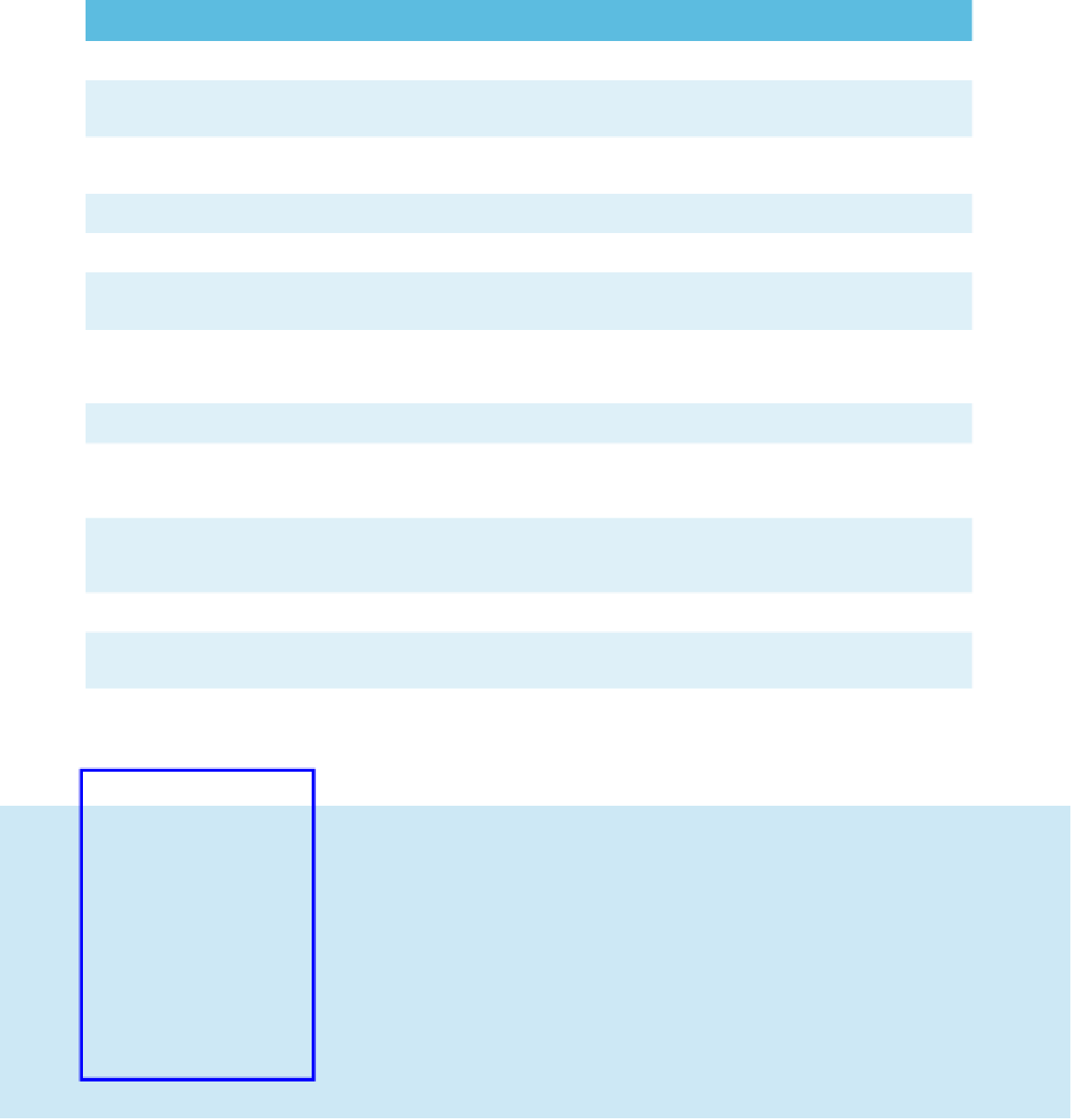Environmental Engineering Reference
In-Depth Information
TABLE 7.6
The Rio Principles and their Relevance to Mining
Rio Principles
Relevance of Mining
Stating, for the fi rst time, a 'right to development' for each state
Rio Principles 1 and 3
Rio Principle 2
(1) Re-affi rming state sovereignty over resources and the prohibition against transboundary harms (adopting the Stockholm
Principle 21 from the fi rst Earth Summit)
(2) Affi rming that states may 'exploit their own natural resources pursuant to their own environmental
and developmental
policies'
Rio Principles 4 and 8
(1) Adopting the concept of 'sustainable development' as the guiding paradigm for the future
(2) Requiring environmental protection to be 'an integral part' of development
(3) Limiting the development right 'so as to equitably meet developmental and environmental needs of present and future
generations'
Rio Principle 15
Emphasizing the important 'preventive' or 'precautionary approach', which states that, 'where there are threats of serious or
irreversible damage, lack of full scientifi c certainty shall not be used as a reason for postponing cost-effective measures to
prevent environmental degradation'.
Adopting the 'polluter pays principle'
Rio Principle 16
Rio Principle 10
Calling for increased public participation in environmental issues: citizen access to environmental information from their
Governments, opportunity to participate in environmental decision-making, and effective access to courts and agencies
for redress and remedies.
Rio Principles 11 and 13
Calling on States to enact 'effective environmental legislation' and laws of 'liability and compensation' for victims of environmen-
tal damage. 'Indigenous Peoples' and 'local communities' are positively singled out; States should support their 'identity, culture
and interests' and enable their effective participation in sustainable development
Rio Principle 14
Calling for an end to the 'export' of toxic substances and harmful activities from one State to another.
Rio Principle 17
Making environmental impact assessment a generally accepted procedure for all activities likely to have signifi cant adverse
environmental impacts.
Rio Principles 18 and 19
Re-stating the longstanding international environmental laws of 'timely notifi cation' and 'good faith consultation' for
environmental emergencies and trans-boundary impacts.
CASE 7.11
Support in Establishing Nature Conservation Areas
Eramat is currently studying the development of a
large nickel laterite deposit in Halmahera Island, North
Indonesia. To date Halmahera Island remains largely unaf-
fected by industrial developments and tourism, and large
land areas are covered by pristine vegetation, with land-
forms of stunning beauty. In collaboration with BirdLife
International, Eramet is pursuing the establishment of a
nature conservation area near the mine site to offset the
impact of proposed mining activities. Financial support to
the long-term management of the nature park is embed-
ded in the mine's environmental management plan.












Search WWH ::

Custom Search